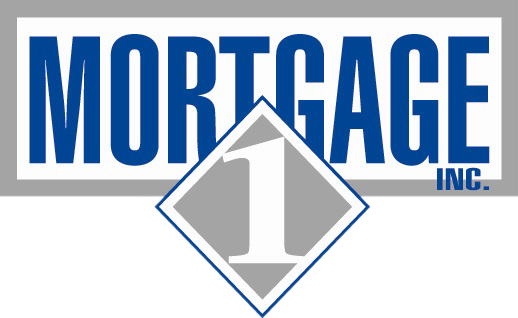
What to look for when completing a final walk-through
June 5, 2019
Cape Coral & Florida Real Estate Trends
June 28, 2019In the mortgage industry, there are many different professionals and entities that help process loans – large banks, independent mortgage banks, mortgage brokers, loan officers, credit unions and more.
Most consumers refer to mortgage brokers, mortgage banks and loan officers as being one in the same, without knowing the difference.
But there are differences. Borrowers need to understand the differences in order to make the most informed decision when it comes to obtaining a mortgage.
With that in mind, here’s a breakdown of these roles and what you should know about each of them.
Get your mortgage application started today with Mortgage in a SNAP!
Mortgage Bankers
A mortgage banker, such as Mortgage 1, is a company, individual or institution that originates mortgages. Mortgage bankers use their own funds at the closing table.
Mortgage bankers are the financial institutions responsible for lending the money that people need for housing or business. Once the mortgage banker decides to approve your loan application, the banker can decide to service the loan, meaning you make payments directly to the banker, or it can transfer to a qualified servicer.
The threshold for becoming a mortgage banker is high, financially as well as professionally.
Mortgage bankers must have a high net worth and need to be licensed under the strictest requirements. Mortgage bankers must pass an exam to become a Certified Residential Mortgage bank through the Mortgage Bankers Association (MBA). Mortgage bankers also undergo required annual training.
One advantage of independent mortgage lenders such as Mortgage 1 is that we can lend to borrowers in non-conventional situations that banks cannot or will not lend to because of regulations or internal policies.
Along with providing conventional home loans, a mortgage banker can offer a wider variety of mortgage options. Some banks offer jumbo home loans, which is a loan that’s above the conforming limits set by Fannie Mae or Freddie Mac. Due to their large value, jumbo loans are more difficult to get through a broker.
Loan Officers
When consumers are buying or refinancing a home, a first stop is often to a loan officer in a local bank, credit union or mortgage banker. A loan officer offers programs and mortgage rates from a single institution. Usually, they can only offer loans and interest programs from their particular institution.
Loan officers serve as the mortgage lender’s sales force. They usually earn commissions for originating loans, and the prices they charge may not be negotiable. They can only sell products offered by their employer.
Loan officers are not licensed and do not go through yearly education or certification.
Mortgage Brokers
Mortgage brokers often are confused with mortgage banks, although they are very different.
While a mortgage banker reviews and accepts (or denies) your home loan application directly, a mortgage broker acts as a middleman. A broker will review offers from a variety of bankers and lenders to find the best deal and typically charges additional fees for his or her services.
The distinguishing feature between a mortgage banker and a mortgage broker is that mortgage bankers close mortgages in their own names, using their own funds, while mortgage brokers facilitate originations for other financial institutions. Mortgage brokers do not close mortgages in their own names– they are the middlemen between the person seeking the loan and the lender.
A banker can approve or deny a loan; a broker can’t.
While they may seem to offer some advantages, there are several cons to using a mortgage broker:
- Brokers have less control over the process because they don’t work for the lender. If the wholesale underwriter puts your file on the backburner, your broker may not be able to do anything about it.
- Brokers, as a rule, tend to be more expensive.
- Brokered loans can take longer to close — a concern if you have a tight deadline.
- Brokers have a lower net worth requirement than mortgage bankers and they do not undergo the same extensive training as mortgage bankers.
- Mortgage brokers lose control of the process as soon as the application is made to the mortgage lender.
Go with a Mortgage Banker You Can Trust: Mortgage 1
Take advantage of the expertise offered by Mortgage 1, your trusted mortgage banker. You can start the process by calling us at (866) 532-0550 or using our Mortgage in a SNAP application.





